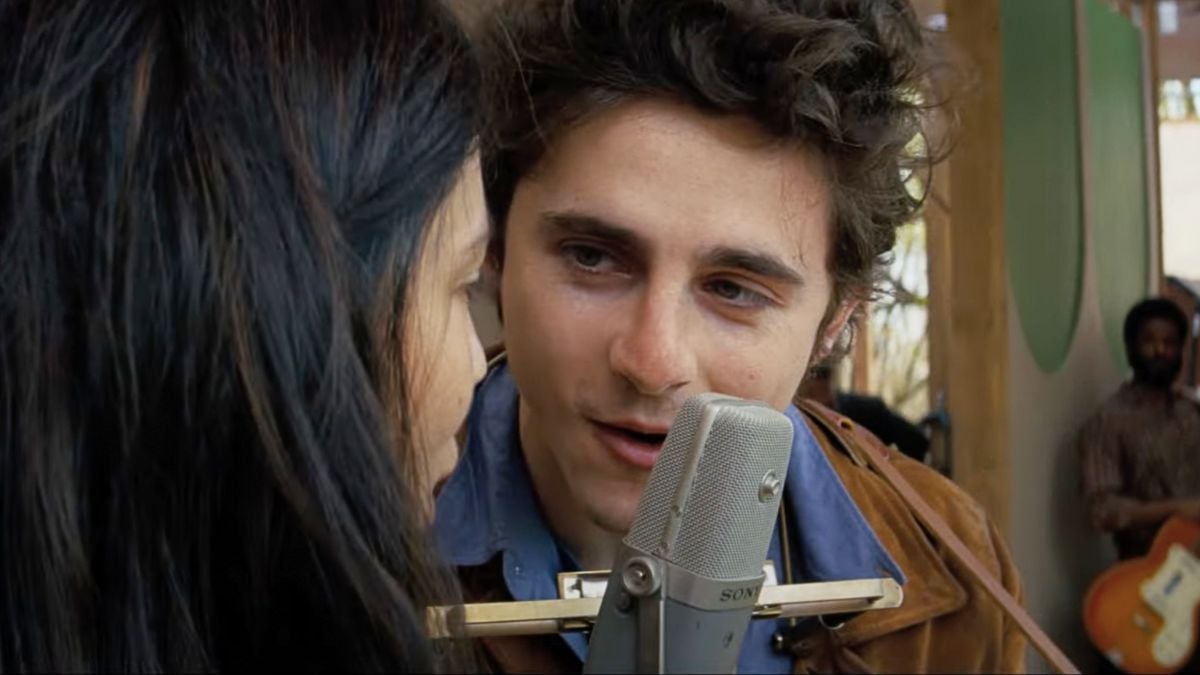In the near future, a company called the Lucas Clinic has begun providing celebrity obsessed fans the ability to be infected with the diseases of their favourite celebrity for a price. Employee Syd March (Caleb Landry Jones) infects patients during the day, but infects himself during the night as a means of selling the diseases on the black market. One day, after infecting himself with a disease that later kills film star Hannah Geist (Sarah Gadon), Syd quickly find himself racing to save his own life.
My fear going into Antiviral was that Brandon Cronenberg’s unique oddity of a film would be too similar to his father, David’s, own work. Its intriguing premise sounded ripe for satire and sickening visuals. And while there are plenty of shocking and nauseating images at play right from the start of the film, my initial fears were sadly realized all too well.
Antiviral liberally lifts elements from many of the elder Cronenberg’s film pantheon of body horror and mutilation. A lot of the stuff here comes from the trifecta of Videodrome, The Fly and Naked Lunch with a dash of Scanners for good measure. Where we should be seeing something stark and new, we are seeing a reflection of a son mimicking his father. And while it may be easy to just write this off as flattering imitation, I do not think it was Cronenberg’s original intention to craft a film that played so close on the elements his father helped pioneer.
The entire film feels like an experiment to prove he can play on a level field, but never gives us the reason why. I want to give the young filmmaker credit and say the film tries its best to be its own entity, but I am held back by some of the film’s more ridiculous elements that are all too obviously cribbed from his father. A baffling and needless mechanical dream sequence along the same lines of Videodrome or even Crash all but ensures that.
Father/son comparisons aside, the more infuriating element to Antiviral is the incessant need to be enigmatic and deceiving about everything. After the “topical” celebrity obsession satire subsides, the audience is beaten into submission with a whole genealogy of virus and disease that has very little to do with what is actually going on on-screen.
We can skim the basics, which are quite interesting and sufficiently disgusting. But just when you think you have a hold of what is happening, Cronenberg rips the carpet right out from under you and goes in an entirely new direction. He never seems satisfied staying with one idea for long, so expect to go somewhere else within moments of that direction too. He jumps around so much that there is an actual point in the film where it is not just the audience that is confused – the cast is too. And with a film that is just under two hours long, that is a whole lot of jumping.
I want to say there are some standouts in the cast, but sadly there are none. Douglas Smith, playing one of Hannah Geist’s obsessed fans, is great in his miniscule role, but we never really get to explore anything about him. His one note performance is supposed to be our lifeline into the satire Cronenberg presents, but we barely see him outside of the opening and a few spots in the middle.
Much the same goes for Malcolm McDowell, who shows up as Hannah’s doctor in the middle of the film, and manages to be nothing but a glorified cameo. Hannah herself, played by Gadon, is omnipresent throughout the film, leering over it like an actual virus. But she comes off more effective in her taped segments, as the gleaming image of perfection, than she does when we actually see her interacting with other characters at various points of sickness and deterioration.
But the weakest link has to be the film’s lead, Jones. He does a good job playing the seedy employee who is actually closeted fan himself but his personality is so cold and his development is so stifled, that we have virtually no reason to care about him, or if he lives by the end of the film. We are supposed to be behind this deeply and disgustingly grotesque kid, but I never found any hint of identity or dimensionality to him. He just wanders carelessly through all the plot points, never really giving us any hint of acting ability whatsoever. He can yell, and can simultaneously look as vividly angry or repulsive as Cronenberg needs him to, but that sadly, is just about it.
I may have been too hard on Jones and Brandon Cronenberg, in what is really their first leading roles as actor and director respectively. But they seem to be ill matched for the content that drives Antiviral ever so slowly. I was hoping for something provocative and daring, and what I got was a second rate homage to 1980s body horror that Cronenberg’s father did ten times better with a significantly lower budget and even less stylish camera effects.
There is some heady satire at play here, and potentially even the makings of a future cult classic debated voraciously within film study classes. But for such an audacious idea and intriguing premise, Antiviral has turned out to be one of the biggest disappointments of the year.


![antiviral_movie-image-1[1]](https://wegotthiscovered.com/wp-content/uploads/antiviral_movie-image-11-542x360.jpg)



Published: Sep 27, 2012 05:24 pm